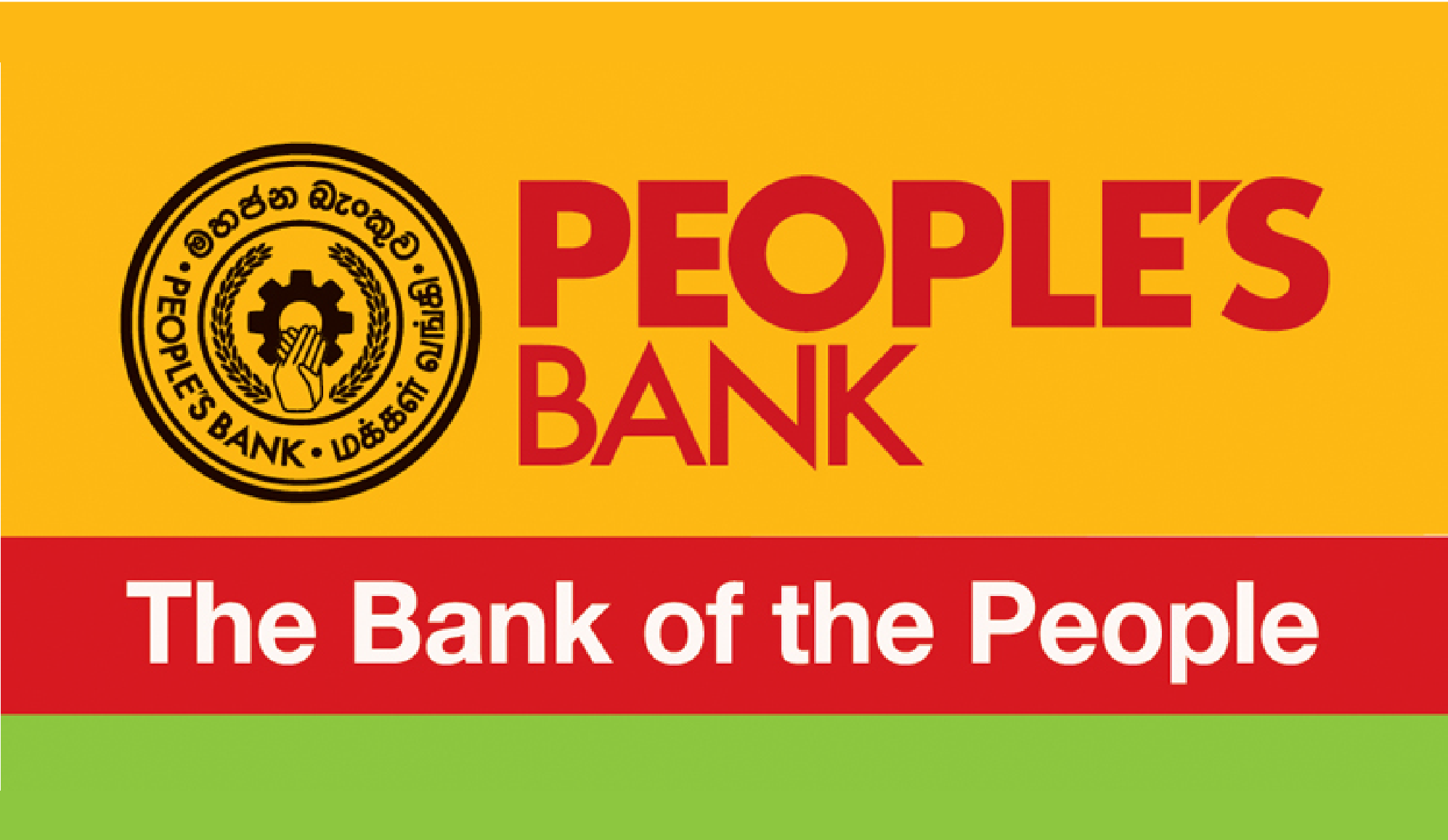For more inquiries
DURATION
4 Year(s)
LANGUAGE
English
LOCATION
Residential Campus
Intake
May
November
November
Mode Of Study
Full-time
Format
In-person
Electronics and Telecommunications
This four-year engineering degree will equip you with the knowledge and the necessary tools to understand the application of electronic technology to design, test and troubleshoot advanced devices and systems. It trains students in basic electrical theory and hands-on application, subsequently moving on to increasingly complex electrical systems, platforms, telecommunication systems and circuit designs. BSc (Hons) in Engineering in Electronics and Telecommunication awarded by the SLTC Research University, is one of the best telecommunication degrees in Sri Lanka.
The B.Sc. Hons. (Eng.) graduates specialised in Electronic and Telecommunication Engineering will have a prominent level of up-to-date technical expertise in Electronics and Telecommunication engineering. The graduate will produce innovative, sustainable, and environmentally sound engineering designs that are based on sound principles adhering to ethical guidelines. By following this engineering degree in electronics and telecommunication in Sri Lanka, students can develop their theoretical and technical knowledge of telecommunication systems associated with the discipline.
At the end of the 6th semester, students will receive the opportunity to train with our industry partners to complete their mandatory industry training.

WANT TO KNOW MORE?
Discover additional information about the program
this programme
IS FOR INDIVIDUALS WHO ARE…
Passionate about engineering and telecommunication
Keen on pursuing Physical and Mathematical studies at the undergraduate level
Hoping to study at one of Sri Lanka’s pioneering telecommunication engineering study centres
LOOKING FOR…
A globally recognised undergraduate degree
Opportunities to work closely with the industry
An innovative learning processes
Global internship opportunities
Access to groundbreaking research programmes with veterans of the field
TO BECOME
Recognised professionals in the field of Electronics and Telecommunication Engineering
Alumni of one of Sri Lanka’s most recognised higher education institutions for telecommunication engineering studies
Consult and provide engineering expertise to government agencies, corporations, and businesses
Eligibility Criteria
General intake
Two (2) Credit passes (”C”) and one (01) Simple pass (”S”) for Combined Mathematics, Physics and Chemistry in one and the same sitting at the GCE (Advanced Level) Examination conducted by the Department of Examinations of Sri Lanka or equivalent qualification.
RECOGNITION
RECOGNISED BY THE UGC
This degree has been recognised by the University Grants Commission (UGC)

IN LINE WITH THE WASHINGTON ACCORD
The curriculum of this degree programme is in line with the Washington Accord

MEMBER OF ACU
SLTC Research University is a member of the Association of Commonwealth Universities

Frequently Asked Questions
PROGRAMME CURRICULUM
The Electronics and Telecommunications degree program at SLTC is a four-year undergraduate program that covers a broad range of topics in the fields of electronics and telecommunications.
The curriculum includes courses in Digital Fundamentals, Analog Electronics Project, Communication Systems, Electromagnetics and Industrial Training.
In addition to the below listed modules, the Winning Edge Undergraduate Skill Development Programme of SLTC is offered to the students with the objective of producing multitalented professionals equipped with the necessary skills and competencies on the four skills of communication:
Writing, Speaking, Reading and Listening, in English medium.
The modules are conducted in four levels:
Bronze, Silver, Gold, Platinum based on the competency level of the students. Completion of this full programme is a mandatory graduation requirement.
- Year 1
Semester 1
PMA1302 Engineering Mathematics
PPH1302 Applied Physics
ECS1300 Programming Fundamentals with Python
EEE1300 Fundamentals of Electrical and Electronic Engineering
EEE1301 Digital Fundamentals
EMN1300 Introduction to Principles of ManagementSemester 2
PMA2203 Linear Algebra
PMA2204 Differential Equations
EEE1302 Analog Electronics Project
ICH1301 General Chemistry
ECS1201 Essentials of Database
EEE1304 Signals and Systems
EEE1103 Applied Circuit Analysis
EEE1105 Measurements and Instrumentations
- Year 2
Semester 1
SMA2204 Advanced Calculus-Multi variable integration
SMA2306 Probability and Statistics
IBI1301 General Biology
IHM1301 Human Behavior and Ethics
EEE2300 Communication Systems
EEE2301 Embedded Systems Design Project
ECS2200 Data Structures and AlgorithmsSemester 2
SMA2305 Numerical Analysis
SMA2307 Discrete Mathematics
EEE2302 Data Communication and Networks
ECS2301 Software Engineering and Project
ECE4111 Introduction to Digital Arts (Elective)
ECE4109 Introduction to Music Composition (Elective)
ECE4110 Meditation & Yoga (Elective)
EEE2303 Digital Signal Processing
ECS2302 Computer Architecture- Year 3
Semester 1
ESC3200 Green and Sustainable Technologies
ECE3305 Project Management
EME3302 Control Systems Engineering
ICM3300 Effective Communication
EEE3300 Digital Communications
EEE3201 Electromagnetics
EMN3300 Introduction to Principles of EconomicsSemester 2
ECS3300 Artificial Intelligence and Computer Vision
EMN3101 Industrial Law
EEE3102 Occupational Health and Safety
EEE3303 Communication Theory
EEE3304 Tele-traffic Engineering
EEE3305 Engineering Research Project
EEE3306 Internet of Things (Elective)
ECS3301 Big Data (Elective)
ECS3302 Cloud Computing (Elective)
EEE2302 Electrical Power and Machines (Elective)- Year 4
Semester 1
EHM4200 Engineering Ethics and Public Policy
EEE4800 Final Year Project
EEE4601 Industrial Training
EEE4302 Digital Systems Design
EEE4304 ASICS and VLSI Design (Elective)
EEE4305 Bionics (Elective)
EEE4306 Mobile Network Architectures (Elective)
EEE4307 Microwave Engineering (Elective)
EEE4308 Information Theory (Elective)
EME3307 Robotics Engineering (Elective)
EEE4309 System Analytics (Elective)
EMA4300 Operational Research (Elective)
EEE4310 Nanotechnology (Elective)
EEE4311 Biomedical Instrumentation (Elective)
EEE4312 Power Electronics and Energy Storage Technologies (Elective)
EME4203 Maintenance Management (Elective)
EME4204 Intelligent Control Systems (Elective)
EMN4300 Organizational Behavior (Elective)Semester 2
SHM4201 Sociology and Ethics for a Technological Society
EEE4800 Final Year Project
EEE4601 Industrial Training
EEE4315 Advanced Data Networks (Elective)
EEE4316 Image and Video Communications (Elective)
EEE4317 Antenna and Microwave Communication (Elective)
EEE4318 Telecommunication Core Network Architecture (Elective)
EEE4319 Optical Communication (Elective)
EEE4320 Wireless Communication (Elective)
EEE4321 Emerging Topics in Communications (Elective)
EEE4322 Satellite Communication (Elective)
EEE4314 Renewable Energy Systems (Elective)
EPH4300 Solid State Physics (Elective)
EPH4301 Quantum Mechanics (Elective)
EMN4301 Marketing Management (Elective)
EMN4302 Human Resource Management (Elective)
EMN4303 Technopreneurship (Elective)

WANT TO KNOW MORE?
Discover additional information about the program
Academic panel
Download the student handbook
Check Herecourse fees
Call us on 0112100500 or 0117999000 for updated prices.
Payment and Refund Policy
1 . Refunds – Registration Fee/ Down Payment/ Semester Payments
1.1. Students are refunded their registration fee/Down Payment in the following circumstances and all the refunds are facilitated only within a year.
a. At least two (2) Credit passes (C) and one Simple pass (S) for Combined Mathematics, Physics and Chemistry in one and the same sitting at the GCE Advanced Level Examination conducted by the Department of Examinations of Sri Lanka or equivalent qualification.
b. If a paid student is selected to follow the degree under the MOHE loan scheme within the first semester
c. A qualified Doctor’s recommendation is given to the student, that the student is unable to participate in academic activities due to mental or physical conditions.
1.2. University Semester fees are refunded only when a student fails the GCE Advanced Level examination. In all other cases, students must pay the semester fee.
1.3. If a student gets selected to MOHE after the 1st Semester completion, the university will not refund the paid amount but will allow them to continue the degree as MOHE students.
2 . Invoicing
2.1. Invoices are raised based on the time of registration, prevailing discount schemes, and timing of the payment scheme selected by the student. Further, all invoices must be settled within the specified period mentioned on the invoice.
3 . Penalties
3.1. Management may charge penalty charges based on the late payment dates and the penalty rates will be changed based on the discretion of the management.

WANT TO KNOW MORE?
Discover additional information about the program

People's Bank
Account name: SLT Campus (Pvt) Ltd
Account No: 204-1001-00008426

NDB Bank
Account name: SLT Campus (Pvt) Ltd
Account No: 101000613388

Seylan Bank
Account name: SLT Campus (Pvt) Ltd
Account No: 0670-13076403001
Your future path
The BSc (Hons) in Engineering in Electronics and Telecommunications at SLTC Sri Lanka offers an advanced and specialized curriculum aimed at providing students with a strong foundation in both electronics and telecommunications engineering. This program is meticulously designed to meet the demands of the rapidly evolving telecommunications industry and technological advancements in electronics.
Students enrolled in this program will explore a wide range of subjects, including electronic circuit design, signal processing, communication systems, wireless technologies, optical communication, network engineering, and more. The curriculum emphasizes practical learning through hands-on laboratory work, industry projects, and exposure to cutting-edge technologies, enabling students to acquire both theoretical knowledge and practical skills essential for the industry.
Led by experienced faculty members and industry experts, this program ensures a well-rounded education, integrating critical thinking, problem-solving, and innovation. The collaboration with industry partners and access to modern facilities allow students to engage in research initiatives and stay updated with the latest trends and developments in telecommunications and electronics.
Upon completion of the degree, graduates will be equipped to pursue diverse career paths in telecommunications companies, technology firms, research institutions, network infrastructure development, and other related fields. They will possess the expertise necessary to design, develop, and maintain innovative solutions in the fast-paced world of electronics and telecommunications.

WANT TO KNOW MORE?
Discover additional information about the program

